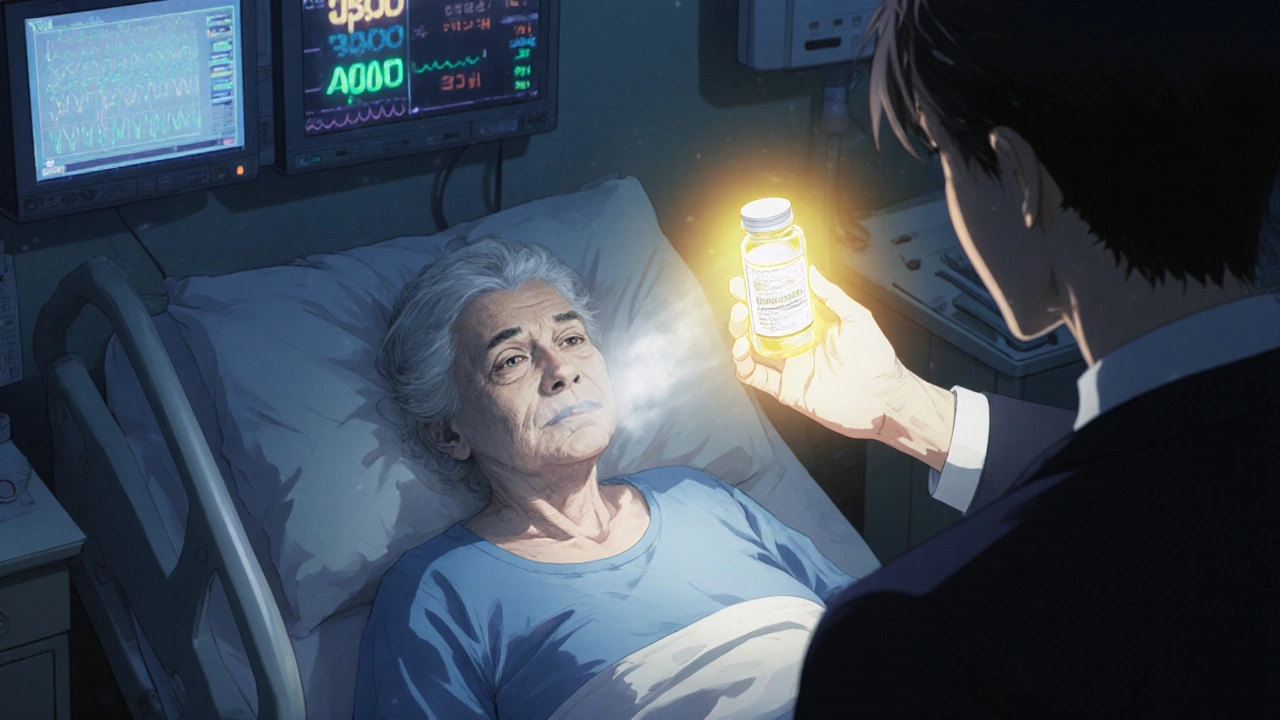Thyroid Hormone Replacement: What You Need to Know About Levothyroxine and More
When your thyroid doesn’t make enough hormone, thyroid hormone replacement, a treatment that restores normal thyroid hormone levels using synthetic hormones like levothyroxine. Also known as levothyroxine therapy, it’s one of the most common long-term medication regimens in the U.S.—but getting it right isn’t as simple as taking a pill every day. This isn’t just about feeling less tired. Thyroid hormone affects your heart, metabolism, mood, and even how your body absorbs other drugs. If your dose is off—even slightly—you could end up with symptoms that feel like anxiety, weight gain, or brain fog, even if you’re taking your medicine exactly as prescribed.
That’s why levothyroxine, the standard synthetic form of thyroid hormone used in replacement therapy. Also known as Synthroid or generic levothyroxine sodium, it’s a narrow therapeutic index (NTI) drug. That means tiny changes in how your body absorbs it can make a big difference. Switching between brand and generic versions, or even between different generic brands, can cause your TSH levels to swing. Pharmacists and endocrinologists warn that this isn’t just a theoretical risk—it’s why people end up back in the doctor’s office with new symptoms after a pharmacy switch. And it’s not just about the pill you get. Taking it with coffee, calcium, or iron can block absorption. Even skipping a dose or taking it at a different time of day can throw things off.
Managing thyroid hormone replacement isn’t about willpower—it’s about consistency. You need to take it on an empty stomach, wait at least 30 to 60 minutes before eating, and avoid certain supplements. Blood tests every few months aren’t optional—they’re how you know your dose still fits your body. And if you’ve ever felt like your doctor keeps changing your dose for no reason, it’s probably because your thyroid needs are changing with age, weight, or other medications. This is why so many people struggle with adherence: the symptoms are subtle, the rules are strict, and the consequences of missing the mark aren’t always obvious until it’s too late.
Below, you’ll find real-world guides on how to handle thyroid hormone replacement safely—from spotting the signs your dose is wrong, to understanding why generic levothyroxine isn’t always interchangeable, to knowing when to push back if your symptoms don’t improve. These aren’t theoretical tips. They’re lessons from people who’ve been there, and the experts who’ve seen what happens when things go off track.

Myxedema Coma: Recognizing and Treating Severe Hypothyroidism as a Medical Emergency
Finnegan O'Sullivan Nov 17 9Myxedema coma is a life-threatening emergency caused by severe hypothyroidism. Recognizing symptoms like altered mental status, hypothermia, and bradycardia-and starting treatment immediately-can save lives. Learn the latest protocols and warning signs.
More Detail